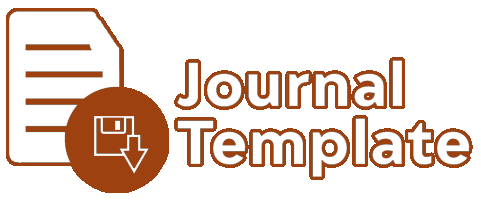Inclusive Education Learning Process in Islamic Religious Education Subjects for Children with Special Needs
DOI:
https://doi.org/10.62990/riqu.v6i2.64Keywords:
Islamic Religious Education, Education, Inclusive Education SchoolsAbstract
Inclusive education is a fundamental right that provides children with disabilities access to education alongside their peers. This study examines the implementation of inclusive learning within Islamic Religious Education (PAI) at the Creative Islamic Elementary School (SDIK) Makkah in Padang City. Employing a descriptive qualitative approach, data were collected through observations, interviews, and documentation from school principals, PAI teachers, and special guidance teachers (GPK). The findings reveal that the lesson planning in PAI classes is inclusive, covering all students, including those with special needs (ABK), with additional objectives tailored by GPK according to ABK abilities. In the learning implementation phase, GPKs actively support ABK, prioritizing their participation. Evaluations are customized to ABK’s unique capabilities and learning characteristics, differing from standard assessments. Key supportive factors include knowledgeable principals, dedicated GPKs, and adequate infrastructure, while challenges arise from fluctuating ABK moods, teachers’ instructional dilemmas, and limited parental engagement due to busy schedules. This research contributes to the body of knowledge on inclusive education by providing insights into effective practices and obstacles, offering a valuable reference for future studies on inclusive learning in PAI subjects.
Downloads
Published
How to Cite
Issue
Section
License
Copyright (c) 2024 Tisya Khairunnisa, Hasnah, Martono, Nurul Azizah, Siti Aniqatul Albar, Grady Wallace Raines

This work is licensed under a Creative Commons Attribution-ShareAlike 4.0 International License.







